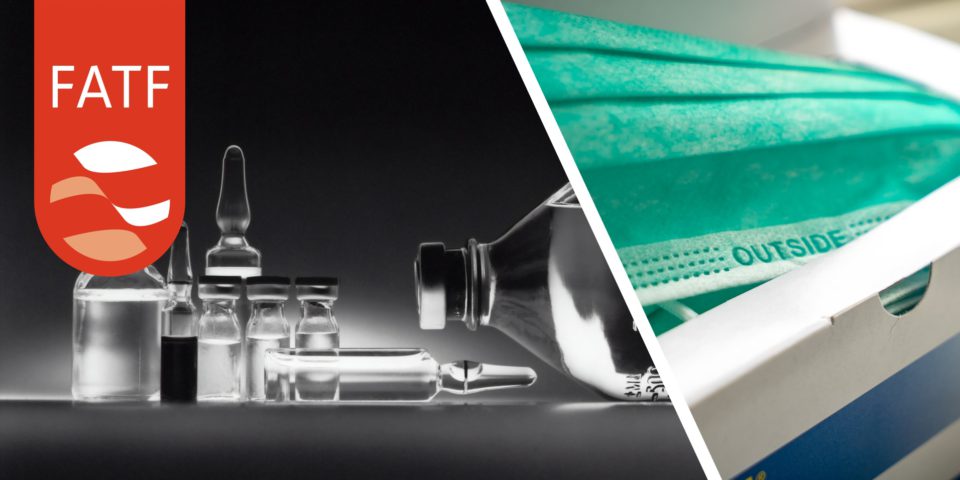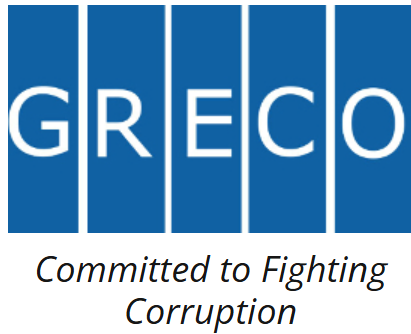By Dan Byrne for AMLi
THE FINANCIAL ACTION TASK FORCE’S latest assessment of money laundering in a COVID-19 world has warned of further challenges ahead.
In a report released Wednesday, the FATF stressed the importance of striking a careful balance between countering financial crime related to the pandemic and preserving essential and legitimate financial services.
Nine months on from the initial spread of the virus, and with most of the globe struggling through at least two full lockdowns since, the FATF has also been able to release details of COVID-19 related fraud worldwide.
“Changes in behaviour as a result of the pandemic – whether the behaviour of individuals, companies or governments – have in turn presented criminals with new opportunities to commit crimes and launder the proceeds,” the FATF said in a statement.
“FATF analysis demonstrates that criminals are continuing to exploit the opportunities created by the pandemic across the globe, with mounting cases of the counterfeiting of medial goods, investment fraud, adapted cyber-crime scams, and exploitation of economic stimulus measures.”
Examples of cases reviewed by the FATF have seen frauds worth anything from the low hundred-thousands to hundreds of millions of dollars.
One particular example from Brazil saw authorities across the country intercept individuals engaged in contract fraud concerning public funds and acquisition of medical equipment.
Across 17 states and 56 different police operations, authorities discovered scams worth over US$360 million altogether.
In Europe, German Health authorities fell victim to a scam when trying to purchase face masks, and ended up handing over €1.5 million to a company in Spain before realising what was really going on.
They were in the process of transferring a further €880,000 as the true nature of the purchase became known.
The criminal chain for this one scam involved the Spanish company, a Dutch supplier, an Irish dealer, and a UK bank account which would ultimately allow the dirty money to travel to its final destination of Nigeria.
“Prompt investigation allowed them [INTERPOL and partner orgs.] to freeze the €1.5 million and identify the Irish company involved,” FATF said, noting that the investigators’ alerts enabled UK authorities to recall the full amount before it could reach Nigeria.
On foot of scams like this – FATF stressed that these types of equipment-related operations can be either domestic or international
“While it is difficult to determine whether criminal activity has increased overall as a result of the pandemic,” the FATF explained. “And while the nature of the risks vary between jurisdictions, a number of jurisdictions have reported dramatic increases in the numbers of particular types of cases.”
Share this on:
Follow us on:








